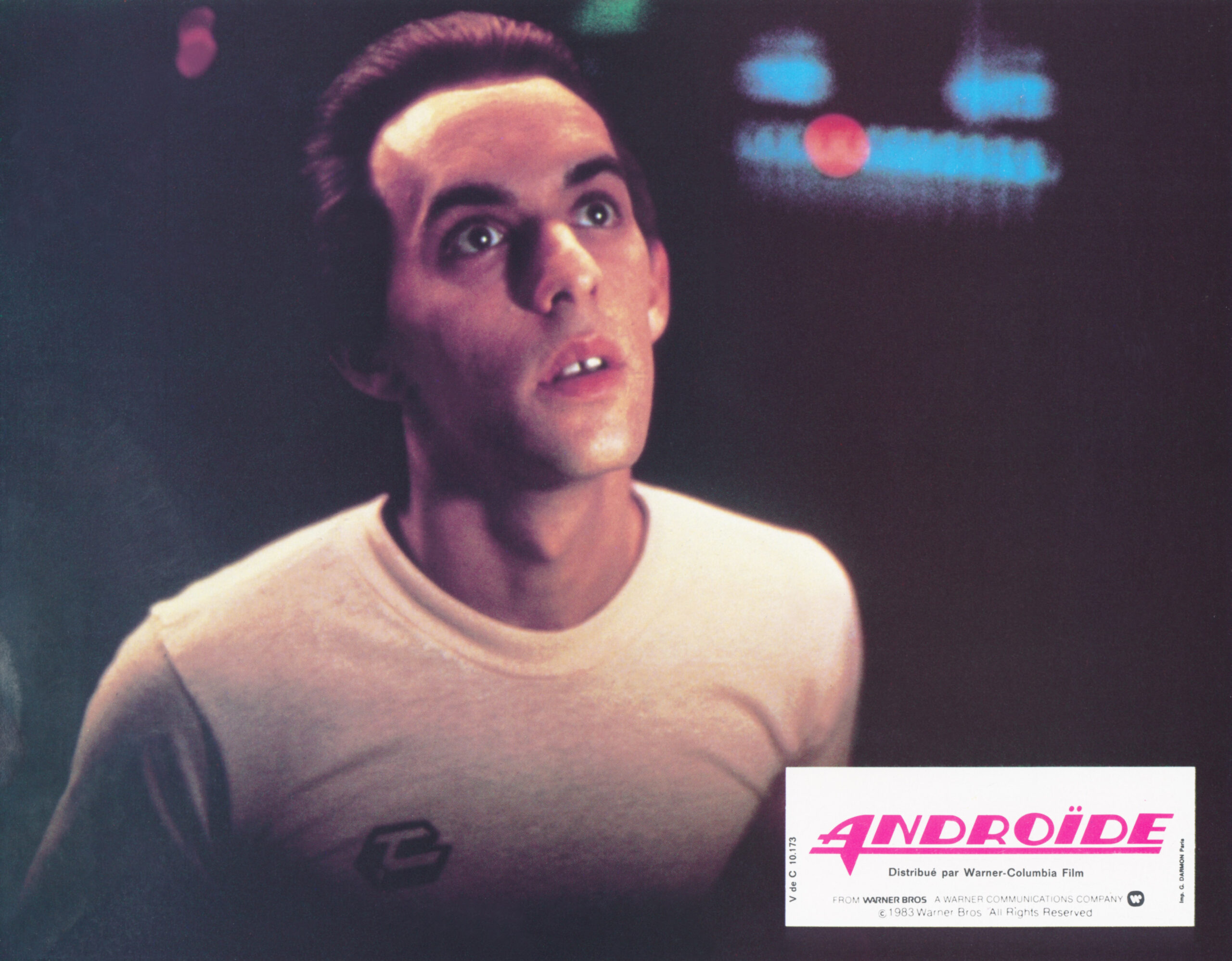Oldenburg pays tribute to Don Keith Opper
.
VERDICT: Most famous for his role in the Critters franchise, Oldenburg celebrates Opper’s contributions as a screenwriter.
Don Keith Opper is primarily known as an actor.
But in the independent movie business of the 1980s, things were far more complicated than that. As he explained in a Q&A at this year’s Oldenburg Film Festival, where he is being paid tribute, he was originally working in the carpentry department for Roger Corman. Corman was keen to re-use the sets he’d had built for 1981’s Galaxy of Terror and Opper and his bother Barry, along with Will Reigle, had an idea. That became Android, which was released in 1982 and, somewhere along the process someone suggested that Opper himself would be good to play the eponymous role.
As Opper recalls, the crews in that Corman stable were all incredibly well-read and the initial screenplay written by James Reigle was dense with philosophy and literature. Opper’s own role, then, was to bring some levity to the script and then to imbue some of the same into the role of Max 404. Opper’s fingerprints are across several films of this era as a writer and it is this sub-filmography that Oldenburg has chosen to celebrate with a four-film retrospective at this year’s festival. Screening alongside Android is the 1987 dropout-Noir, Slam Dance, as well as the first two instalments of Opper’s most well-known work, Critters and Critters 2: The Main Course. Together they make a curious quartet of independent features that are each, in their own ways, irreverent takes on the genres they operate in and yet still valid entries into their respective canons.
Android is something of a forgotten gem. Set on an isolated space station and research facility with only two inhabitants, Dr. Daniel (Klaus Kinski) and Max 404 (Opper – though he was credited as “introducing Max 404” for fun). Max is the doctor’s aide for his experimental research which is, it transpires, a female android who would surpass Max in elegance and intelligence and, ultimately, make him obsolete. While Max wrestles with what it means to be alive, three fugitives arrive at the station and things escalate quickly. The film adopts a clean 60’s-esque sci-fi aesthetic that wasn’t especially de rigueur at the time. It’s charming and slightly cooky, but still explores many of the philosophical questions that the original screenplay promised.
The same is true of 1987’s Slam Dance for which Opper is credited as the only writer. A frenetic neo-Noir set in Los Angeles, it is about a cartoonist and artist, C.C. Drood (Tom Hulce), who is inadvertently caught up in a murder investigation. A woman he was sleeping with (Virginia Madsen) is found dead, and Drood is implicated as the prime suspect. In typical fashion for the genre, it’s a labyrinthine plot with a lot of ins, a lot outs, and a lot of what-have-yous, but much like the Coen Brother L.A. Noir of a decade later, The Big Lebowski, it plays with and pastiches the cliches while also honouring them. Opper himself turns up in that as the thug, Buddy, easily his most unhinged performance in this small selection, a very memorable turn for what is essentially a heavy.
Opper’s work in Critters and Critters 2 needs relatively little introduction and while his influence was slightly less, he wrote some additional dialogue and helped to shape the franchise, of which he starred in all four instalments. His role as Charlie across the first two films – as well as brief duel role – make him the heart of the overarching narrative and he gets to play a local drunk conspiracy theorist, a keen but inept bounty-hunter, and a Krite ass-kicker with relish. Critters has perhaps the most obvious spoof angle in this programme – the idea that E.T. and Gremlins were firmly in its sights can be seen from advertising, casting, and even the moment where one critter faces up to a familiar looking doll and tears it apart.
What’s interesting about these films as a collective is the way that this irreverence is baked into the genre storytelling not to its detriment but to its benefit. Each of these are eccentric examples of their genres but, if anything, are able to marry those peculiarities with commercial promise without forgoing their creativity. To modern audiences, there will be moments in which the films feel quaint, but in the contemporary landscape their vitality feels quite potent and it is difficult not to look at films such as these with misty eyes. It makes complete sense that Oldenburg and its programmers would see in the work of Don Keith Opper something that they admire; it’s the bold, youthful creativity they wish to champion, just from forty years ago. Long may such originality continue to be celebrated.
Read more of our coverage of the 32nd Oldenburg Film Festival.


